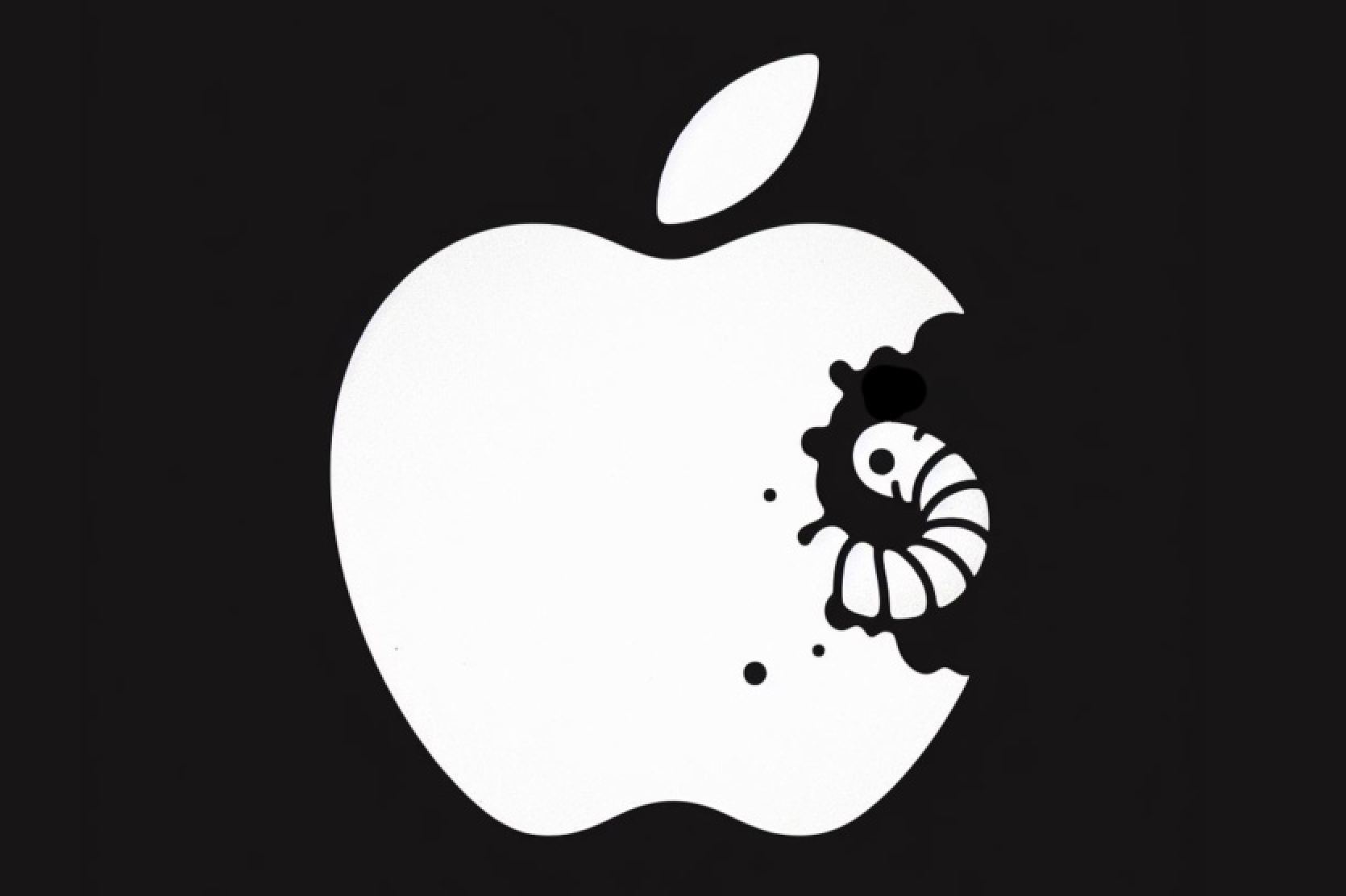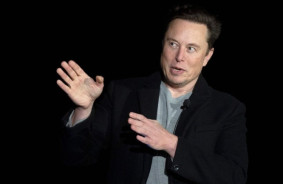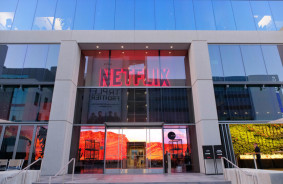The US Department of Justice has accused Apple of illegal monopoly in the smartphone market in a new extensive antitrust lawsuit aimed at significantly changing the Apple iPhone.
The Department of Justice, along with 16 state and district attorneys general, accuses Apple of unjustifiably raising prices for consumers and developers because users tend to trust its phones. They claim that Apple selectively imposes contractual restrictions on developers and conceals important ways of accessing the phone to prevent competition.
“Apple uses its monopoly to get more money from consumers, developers, content creators, artists, publishers, small businesses, and merchants in particular,” the Department of Justice noted.
The government points out several ways in which Apple illegally maintains its monopoly:
- Suppressing "superapps" that encompass a variety of different applications and violate the ties to iOS, making it easier for iPhone users to transition to other devices
- Blocking cloud streaming apps, including in games, which lead to reduced need for more expensive devices
- Interfering with messaging quality between iPhones and competitive platforms like Android
- Restricting the functionality of third-party smartwatches with iPhones and making it more difficult for Apple Watch users to switch from iPhone due to compatibility issues
- Banning third-party developers from creating alternative digital wallets with one-time payment feature for iPhone
“For many years, Apple has responded to competition threats by imposing a series of contractual rules and restrictions that allowed Apple to impose higher prices on consumers, impose higher fees on developers and creators, and hinder competitive alternatives,” said Jonathan Canter, head of the Justice Department's antitrust division.
Law enforcement authorities are asking the court to ban Apple from using its control over app distribution to hinder cross-platform technologies such as superapps and cloud streaming apps, to prohibit it from using closed APIs to undermine cross-platform messaging technologies, smartwatches, and digital wallets, and to prevent the use of contract terms with developers, accessory manufacturers, consumers, or other parties to acquire, maintain, expand, or lock in the monopoly. They also demand from the court any other measures necessary to restore competition.
At a press conference on Thursday where the lawsuit was announced, Deputy Attorney General Lisa Monaco said that Apple “strangled an entire industry” by moving from “revolutionizing the smartphone market to stifling its development.” Canter added that Apple was a "significant beneficiary" of the Justice Department's lawsuit against Microsoft more than 20 years ago, and this case is aimed at “protecting competition and innovation for the next generation of technologies.”
US Attorney General Merrick Garland acknowledged the resource imbalance that the government faces when dealing with a trillion-dollar company. “When you have an institution with resources that, in our view, harm the American economy and the American people, it is important for us to allocate our resources to protect the American people,” Garland said. “And this is certainly a case where individual Americans do not have the opportunity to protect themselves.”
In a statement, Apple representative Fred Sains said that the lawsuit “threatens who we are and principles that distinguish Apple products in fiercely competitive markets. If successful, it will hinder our ability to create the technology people expect from Apple - where hardware, software, and services intersect. It will also set a dangerous precedent, allowing the government to take a heavy hand in developing technology for people. We believe this lawsuit does not align with the facts and the law, and we will vigorously defend against it.”
Apple plans to dismiss the case, an Apple spokesperson told journalists during a briefing in several media outlets on Thursday.
Source: The Verge













Comments (0)
There are no comments for now